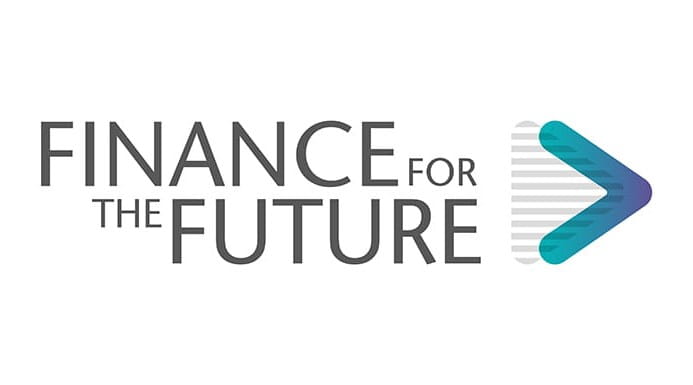The consistent measurement and integration of sustainability information in a business is an essential part of running a business today, points out Veronica Poole, a Vice Chair of Deloitte UK, and Global IFRS and Corporate Reporting Leader.
She continues: “Corporate reporting should reflect this and cover the sustainability issues critical to the business. They are an integral part of a company’s performance and accountability today.”
Poole adds this means this information must be prepared to the same quality standard across the board, whether you are talking about climate issues, social issues or financial performance issues. “This means that this data needs to be subject to the same rigour of governance and internal controls,” she says. “This is essential to enhance consistency and reliability of reported information, for it to be decision-useful.”
Consideration of matters in relation to the company’s impact on people, planet and economic prosperity should be embedded in a company’s everyday decisions. “There is an expectation of transparency on how the company’s decisions play out,” she says. “For example, how were various trade-offs made between various factors, such as profits versus investment in greener strategies, and so on.”
There should also be transparency over the company’s commitment to broader sustainability priorities being pursued at national or supra-national level, like commitments to net zero. “How do these commitments play out in the company’s day-to-day decisions? Are they really at the core of the strategic choices that the company makes, and do they result in the necessary adjustments in the company’s business model? And then, do those commitments dictate the choice of performance indicators that the company uses in order to measure and monitor progress against them?” she asks.
“Ultimately, I want to know whether the company is effectively adopting integrated thinking, which, to me, means infusing the consideration of sustainability issues into the day-to-day decisions,” says Poole. “Transparency has to be very much about how the business is managed and run. How are decisions made and what are the outcomes that follow those decisions?” This should enhance trust in the business from investors and stakeholders more broadly.
And we are not just talking about the largest companies. “Climate is a leveller,” Poole says. “It can affect every company in every sector, whatever size, whatever the scale of operations. We have seen how fast sustainability issues can impact business – we have seen it through the pandemic.”
She continues: “These are core business issues that often affect the strategy and business model. There isn’t, in my mind, a tension here between thinking about profitability or growth, versus thinking about sustainability issues like climate because, to me, transition to a low-carbon economy will effectively mean some big strategic decisions and choices for business to make. Business thinking should encompass the changing needs and preferences of customers, and considerations relating to the supply chain and access to finance.”
She points out that smaller businesses may actually be at an advantage as they are more agile and often grow by pursuing gaps in the market. “They can innovate and seize the opportunities perhaps more easily, and often they do not have significant legacy infrastructure or operations to unravel,” she says. “Growth and climate leadership can be extremely well correlated for smaller businesses.”
In terms of Deloitte, how would Poole define its role in sustainability leadership? “We are a people business,” she says. “And for the generations that are coming through, climate change and sustainability issues are very much a focus. To be a successful people business you need to attract talent and you need to be able to continuously deliver against the expectations of your people, clients and wider society.”
Poole says Deloitte talks about its purpose to make an impact that matters – so what does this look like in practice? She says practising what the firm preaches is a large part of that. “We recognise that change starts within. We absolutely need to deliver on our ambition to become net zero by 2030,” she says. “Our organisation has over 350,000 people around the world, and we aim to empower them to make choices that will benefit the planet and improve our common impacts on climate and the transition to a low carbon economy.”
A further way for Deloitte to have an impact is as a professional services firm operating in the financial markets. “We engage in a very broad financial markets ecosystem, and so engaging with our clients, alliance partners, suppliers, and so on, while driving them all towards a common objective, can make a real difference,” she says.
What about societal impacts? Are they more difficult to measure than climate impacts and is this where companies will ultimately fall down? Poole responds that it is probably unhelpful to think about ‘social’ as one amorphous idea, and companies should unbundle their societal impacts to make sense of them. “This would allow them to measure and address a whole range of social topics,” she says. She lists well-being, health, dignity, inequality, skills for the future, employment, wealth generation and so on that we have to respond to if we are to bring about change.
“I think it is really important to recognise that the social element of ESG is not a silo. It is very much intertwined and, in many cases, closely related to some of the climate-related issues,” she says. “How companies respond to a wide range of sustainability issues will affect their reputation, which will play out in their ability to attract talent, customers and financial capital.”


